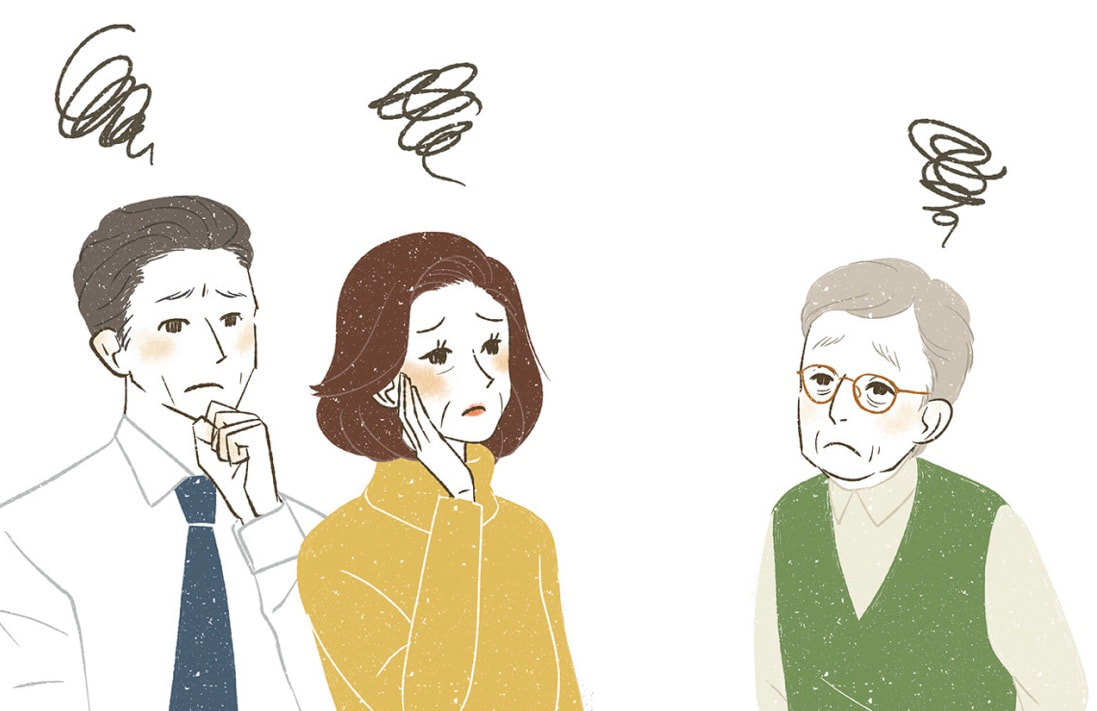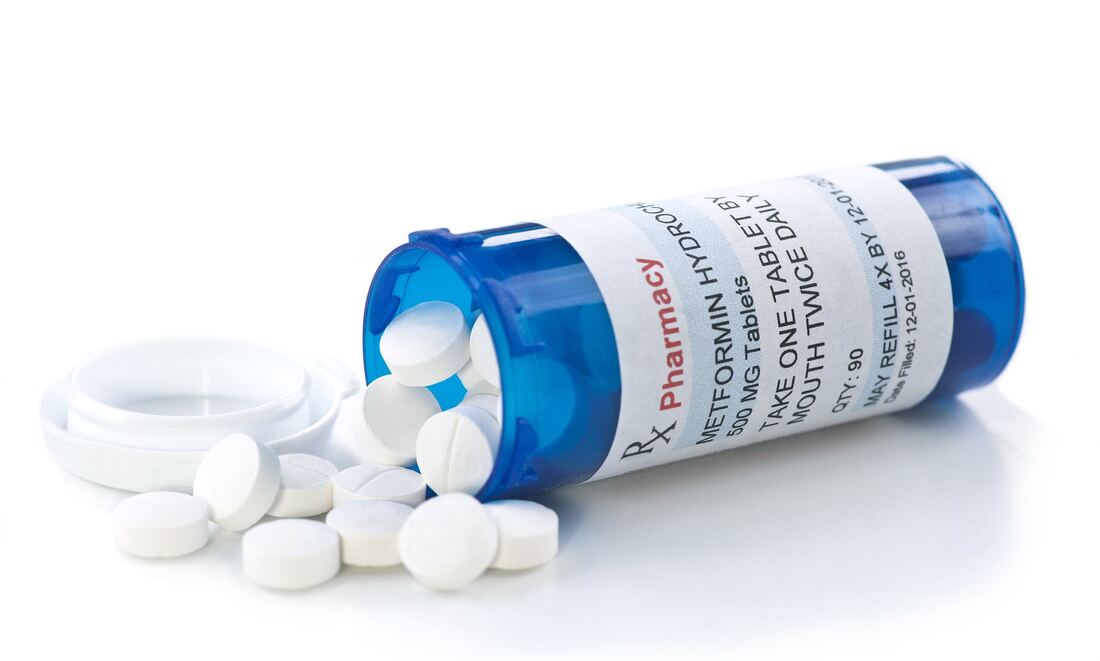PPIs (Proton-Pump Inhibitors), Are they really a safe medication?
Proton-pump inhibitors (PPI) are a group of medications whose main action is to reduce stomach acid production. The use of PPIs has increased tremendously, especially among the elderly. Proton pump inhibitors are among the most frequently used classes of drugs. Observational studies have shown that about 40% to 60% of all PPI prescriptions were considered to be detected as inappropriate.
Proton pump inhibitors (PPIs) are clinically indicated for use in acute ulcers, gastroesophageal reflux disease, erosive esophagitis, hypersecretory conditions, prevention of nonsteroidal anti-inflammatory drug (NSAID)-induced ulcers, and treatment of Helicobacter pylori infections. Commonly prescribed, and also available over-the counter, PPIs include omeprazole (Prilosec), dexlansoprazole (Dexilant), lansoprazole (Prevacid), esomeprazole (Nexium), and pantoprazole (Protonix). In 2015, it was reported that esomeprazole (Nexium) was the fourth highest prescribed medication in the United States, ranking with 15.2 million prescriptions annually.
Over the years, there has been a growing concern over potential adverse effects associated with long-term therapy. Many adverse effects have been associated with the use of PPI, however only few have been demonstrated by high quality studies. The most important are the following:
- Clostridium Difficile:
Gastric acid is an important defense mechanism against pathogens colonizing the stomach and intestinal tract. Several studies have indicated an increased risk of C difficile infections. This increase could be attributed to a higher gastric pH, which could lead to an overgrowth of a more virulent strain of bacteria. PPIs should be used with caution in patients who are at an increased risk for C difficile, including the immunocompromised, the elderly, hospitalized patients, and those taking broad-spectrum antibiotics; consider an H2-receptor antagonist (Famotidine) as an alternative.
- Fractures:
Findings from epidemiologic studies have suggested an increased risk in hip, spine, and wrist fractures in patients on high does and/or long- term therapy. A causal relationship has been noted between acid suppression and reduced absorption of mineral calcium in the diet; there may be as much as a 41% reduction in calcium absorption after 14 days of omeprazole therapy. No indication for screening bone density on patients taking PPI.
- Drug interactions:
Several significant drug interactions are associated with PPIs due to their ability to dramatically reduce gastric acid production and raise gastric pH. Several medications have decrease absorption due to reduced acid environment. The most popular and concerning for my patients is the interaction of PPI and Clopidogrel (Plavix). PPIs is thought to inhibit CYP2C19 and adversely affect Clopidogrel from being metabolized to its active form. Theoretically, such an interaction could reduce Clopidogrel’s antiplatelet effect and lead to increased risk of cardiovascular events. However, the clinical significance of this interaction has been questioned, as two randomized, controlled trials have demonstrated no observable adverse outcomes when PPIs have been used concomitantly with Clopidogrel.
- Dementia:
The association of PPIs and dementia has been a concern for my patients since 2016 when an article suggested the possible association of PPs as a risk factor for dementia. The theory is that PPI cause B12 deficiency that has been associated with dementia. On January 2nd a new study was publish in the American Journal of Gastroenterology. They reviewed 11 different studies and they found NO ASSOCIATION OF PPIs AND DEMENTIA.
PPIs have revolutionized the management of acid-related diseases, however long-term use have been associated with some considerable adverse effects. As any medication use it at the lowest dose for the shortest time possible and of course, don’t use it if you don’t need it. Sounds simple. Hope it helps. Let’s celebrate aging!!










